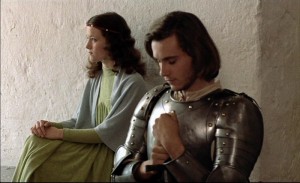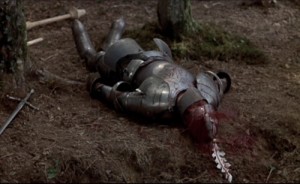Excessive Use of the Force
This review in the January 31, 1997 issue of the Chicago Reader provoked a fire-storm of angry letters. I was attending the Rotterdam International Film Festival while many of these were arriving, and I can recall having to write a reply to some of them from there. The main point of disputation was whether or not Lucas had in fact appended the subtitle “Episode IV: A New Hope” to Star Wars when it first premiered in 1977; I knew he hadn’t, because I vividly remember attending a first-day showing in Los Angeles (and subsequently writing about it for Sight and Sound in an essay, “The Solitary Pleasures of Star Wars,'” that was reprinted in my 1997 collection Movies as Politics). But quite a few of my indignant readers were convinced that George Lucas in his wisdom had already foreseen that the film would be so successful that it would launch three prequels and were eager to set me straight. The Reader’s facts checkers eventually confirmed my claim by phoning Fox, and I was left musing about the chilling ease with which the Star Wars industry had seemingly managed to rewrite its own history, at least in the minds of many viewers who, having bonded with their parents and/or siblings over the blissful spectacle of mass annihilation at a later date, either weren’t there to see the premiere in 1977 or else were somehow persuaded afterwards to re-imagine what they saw. Read more


